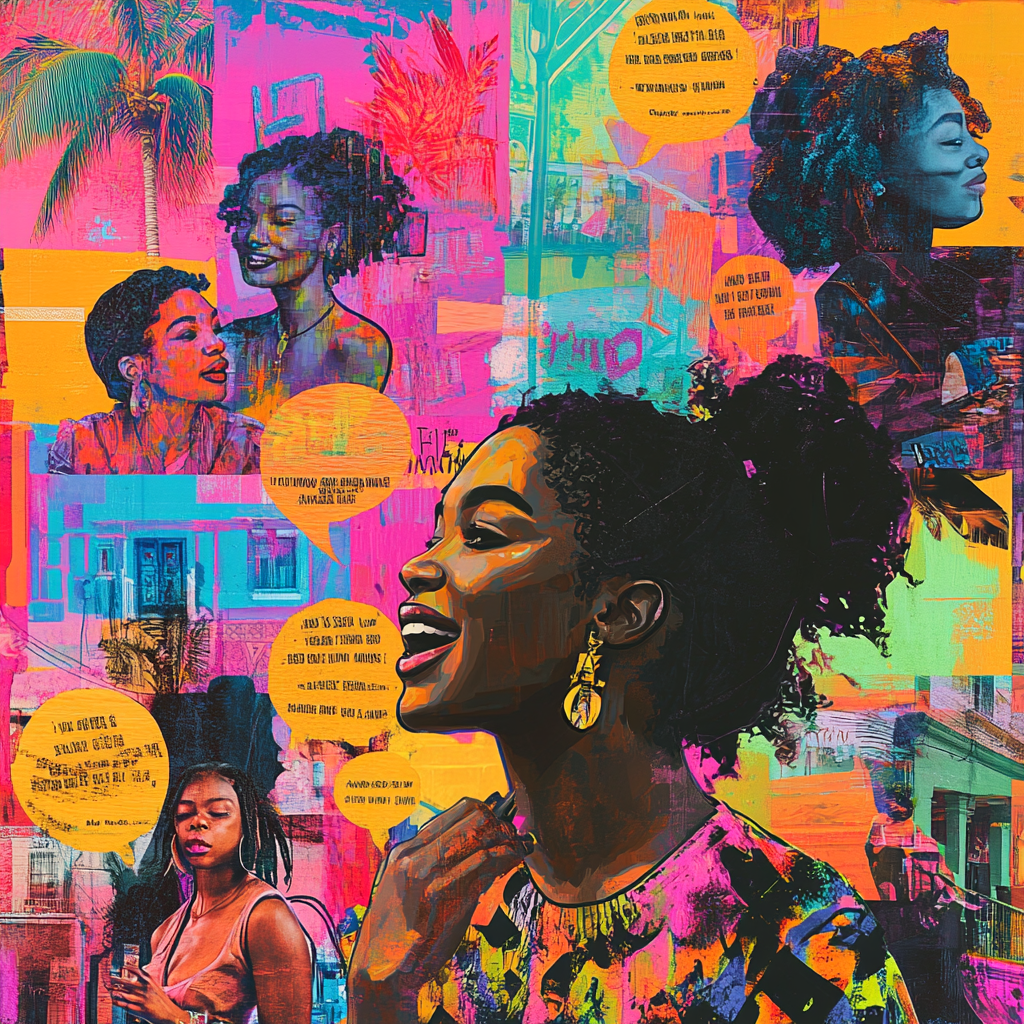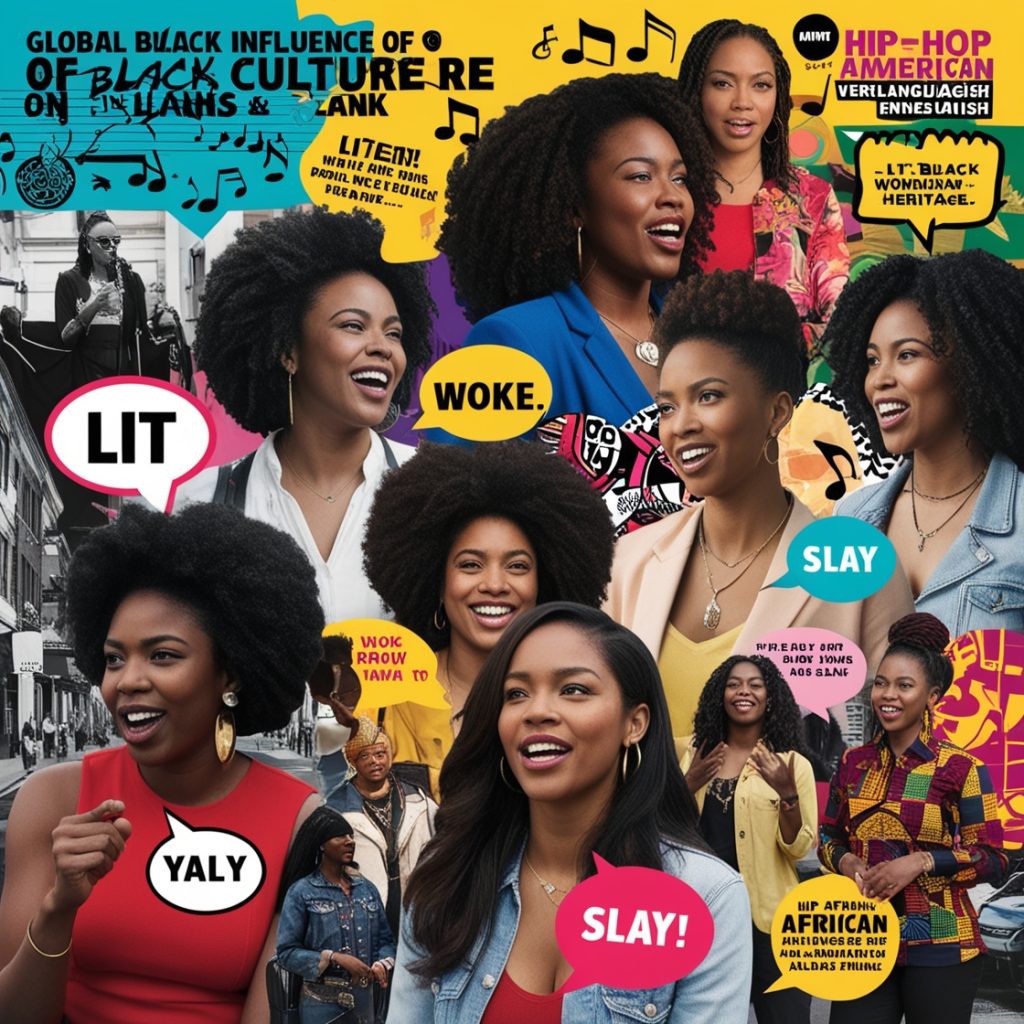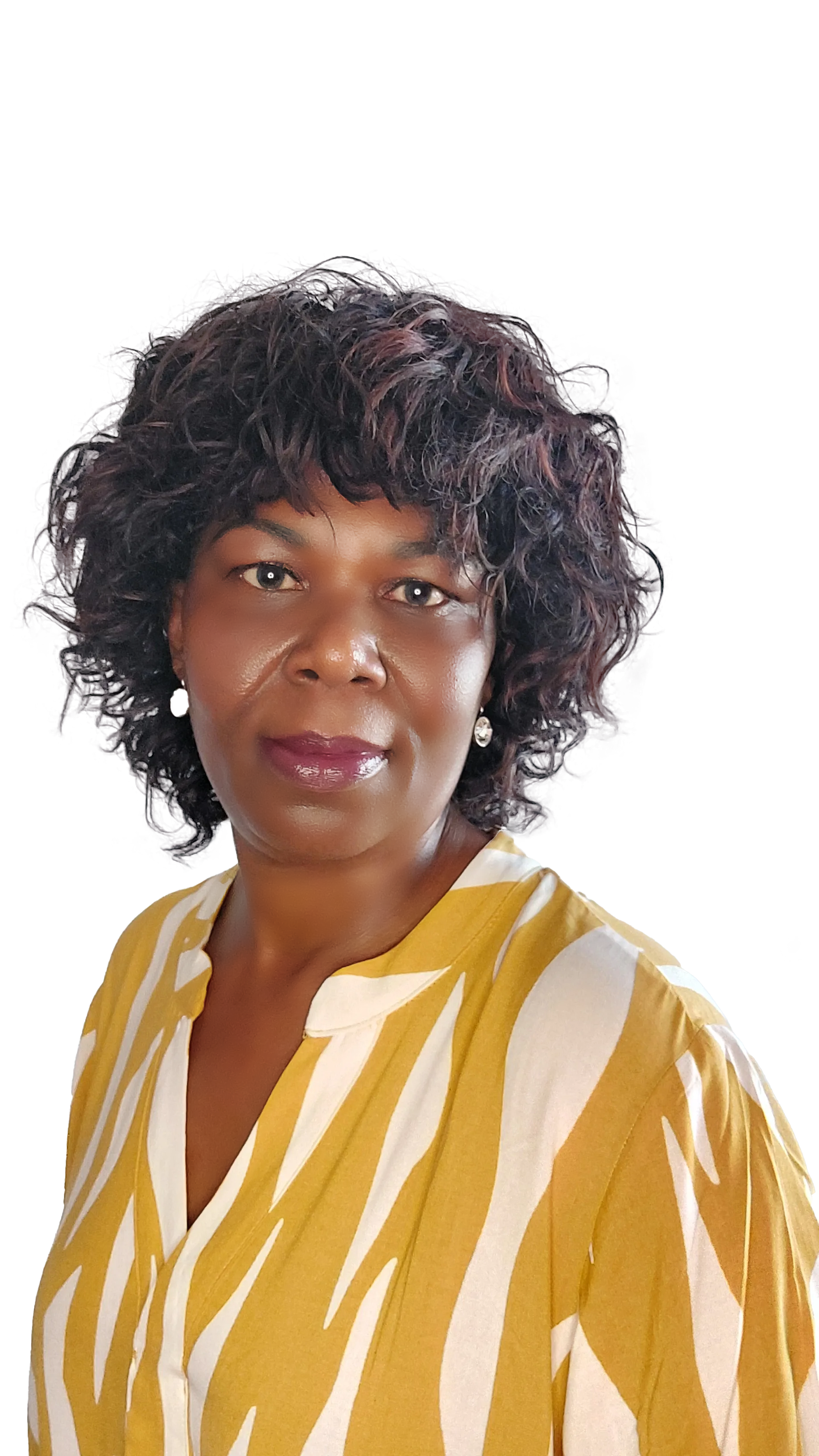
Black culture is one of the most influential forces in shaping global language, creating a vibrant linguistic legacy that extends beyond music, fashion, and art. From the inner-city streets of America to the vibrant heart of Africa, Black culture has infused everyday speech with words, phrases, and slang that are now used worldwide. But this isn’t just about casual phrases; it’s about cultural expression, empowerment, and the undeniable influence Black culture has on communication.
Black Culture and Global Language: A Dynamic Influence
Black culture has long been a powerhouse of creativity, and one of its most enduring contributions is in language. It’s no secret that much of the slang and colloquial speech we hear in mainstream culture has its roots in Black communities. From hip-hop’s lyricism to the rhythmic cadences of African American Vernacular English (AAVE), Black culture has reshaped how people speak, not just in the United States, but globally.
Let’s take a moment to think about the last time you heard someone say “lit” or “woke.” These words, now common in everyday language, come from Black communities. But the influence doesn’t stop there. The global spread of Black music, particularly hip-hop, has exported phrases like “chill,” “bae,” “throwing shade,” and “on fleek” across cultures, proving that Black culture doesn’t just follow trends it creates them.
The Science of Language Evolution
Believe it or not, there’s actual science behind how languages evolve and absorb new elements from different cultures. A study conducted by Princeton University highlighted that language is a living organism it grows, adapts, and changes based on social and cultural interactions.
According to the research, slang often comes from marginalized groups, particularly Black communities, as they find creative ways to express their unique experiences.
Linguists have long noted that Black culture, specifically AAVE, has had a tremendous influence on American English, and by extension, global English. AAVE is a fully developed linguistic system with its own grammatical rules and structures. While some people dismiss it as “bad English,” it’s actually a rich, expressive dialect that has played a major role in shaping modern slang.
In fact, the way Black women specifically communicate has become a model of empowerment. Consider phrases like “Yass, Queen!” or “You better work!”
These expressions, birthed in Black and LGBTQ+ communities, have found their way into everyday speech, adding a layer of personality and sass that feels both affirming and celebratory.
Hip-Hop’s Role in Shaping Global Slang
There’s no discussing the influence of Black culture on language without diving into hip-hop. Since its emergence in the Bronx during the 1970s, hip-hop has grown into a global phenomenon. Its reach is so vast that it’s hard to find a country where hip-hop culture hasn’t left its mark. From the music to the fashion, and of course, the language, hip-hop has become a universal language in itself.
If you’ve ever caught yourself using terms like “squad,” “ghosting,” or “ballin’,” then you’ve experienced the undeniable influence of hip-hop culture. In Nigeria, for instance, slang from African-American culture has blended with local Pidgin English to form hybrid expressions that young people use daily. In the UK, grime artists have built on this foundation, integrating American hip-hop slang into their unique British context.
I remember my adult son growing up in Switzerland and listening to the latest tracks from artists like Tupac and Nas, and picking up phrases like “keep it real” and “mad respect.” Even though he was far from the streets of New York City, the connection to Black culture felt real and relevant. It was through this music that he began to see language as a tool for self-expression and cultural identity.
Black Women at the Forefront of Linguistic Innovation
Black women, in particular, have been at the forefront of this linguistic revolution. Whether it’s through fashion, music, or social media, Black women consistently create new expressions that the rest of the world eventually catches onto. Social media has made it easier for these words and phrases to spread like wildfire, with platforms like Twitter, TikTok, and Instagram serving as breeding grounds for new slang.
Take Cardi B, for example, whose famous catchphrase “Okurrr” took the world by storm. Within weeks of her saying it, everyone from suburban teens to late-night talk show hosts was using the phrase. That’s the power of Black culture it doesn’t just stay in one place; it goes global, infusing its creativity into every corner of society.
Even in the beauty and wellness spaces, Black women are shaping the dialogue. When you hear someone say they’re “slaying” or that their hair is “laid,” you’re tapping into language born out of Black beauty culture. Black women have always used language to express their unique experiences, turning everyday moments into declarations of confidence and style.

Cultural Appropriation vs. Cultural Appreciation
One thing that often comes up in these conversations is the fine line between cultural appropriation and appreciation. When non-Black individuals or communities adopt elements of Black culture, including slang, without understanding its origins, it can feel like erasure. That’s why it’s important to not only celebrate the role Black culture has played in shaping global language but also acknowledge its roots.
A great example of this is the widespread use of the word “woke.” Initially a term used within Black communities to describe being socially conscious and aware of systemic injustices, “woke” has been adopted and, in some cases, co-opted by mainstream culture. While it’s great to see Black culture influencing global conversations, we must ensure that the origins of these words aren’t lost or trivialized.
The Global Spread of Black Culture Through Technology
Thanks to technology and social media, Black culture now spreads faster than ever before. Platforms like YouTube, TikTok, and Instagram have created spaces for Black creators to share their stories, fashion, music, and language with the world. Through these platforms, Black slang and phrases have gained international appeal, influencing how people speak across different continents.
A scientific study from MIT showed how the digital age has accelerated the spread of cultural elements, including language. Social media algorithms promote content that resonates with large audiences, which is why a single TikTok video can turn a local phrase into a global phenomenon. In the context of Black culture, this means that words and phrases that once existed in small communities now have the potential to go viral overnight.
I can’t help but smile when I hear my young niece throw out phrases like “period” or “slay” with such confidence. She’s part of the new generation that’s embracing Black culture and shaping how we communicate across generations and cultures.
Black Culture as a Global Linguistic Force
In every corner of the world, the impact of Black culture on language and slang is undeniable. From the rhythmic speech patterns of hip-hop to the sassy one-liners born out of Black beauty culture, Black culture has shaped the way we communicate globally. It’s not just about adding new words to the dictionary it’s about creating spaces where Black women, and the Black community at large, can express their unique cultural identity with pride.
As we continue to evolve in this digital age, the influence of Black culture on global language will only grow stronger. So the next time you find yourself saying “lit” or “on fleek,” remember where it came from and appreciate the rich cultural history behind those words. Black culture isn’t just shaping language—it’s shaping the world.


